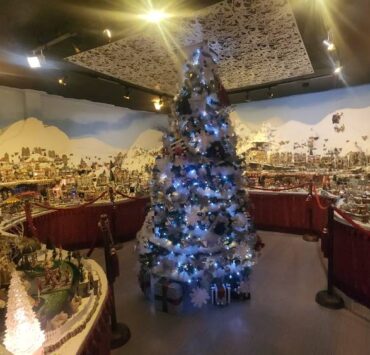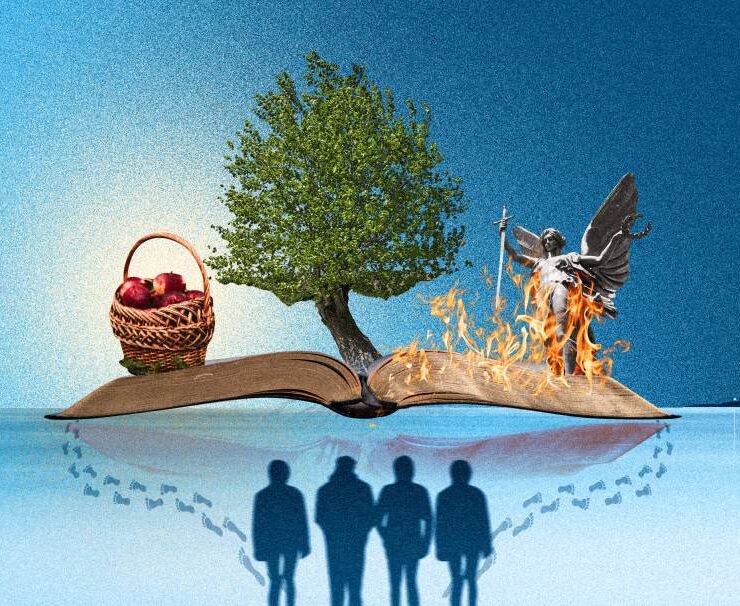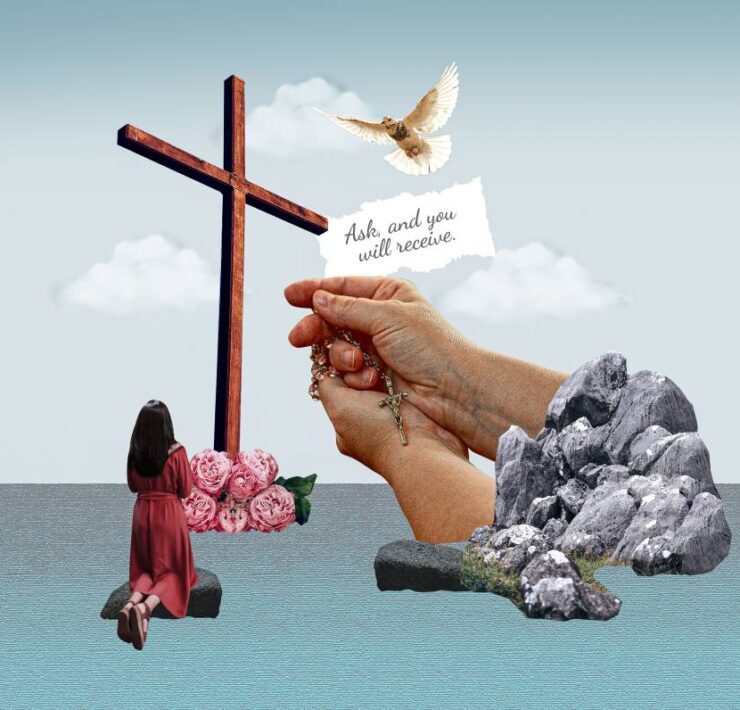The Kingdom of God is among us, in us, is us

Nov. 24—The Solemnity of Our Lord Jesus Christ, King of the Universe
Readings: Daniel 7:13-14; Psalm 93, R. The Lord is king; he is robed in majesty.; Revelation 1:5-8; Gospel: John 18:33b-37
Today we come to the last Sunday of the liturgical year with the Feast of Christ, King of the Universe. Next Sunday we begin a new year with the First Sunday of Advent.
Let us look at the following points for reflection: the context of the establishment of the feast in 1925, the vision of the Kingdom, and the Kingdom in our midst.
The feast was established by Pope Pius XI in response to the political turmoil and the growing secularization of the world, particularly in Mexico, Russia, and some parts of Europe where there were militantly secular governments. This led to the marginalization of the church in these parts of the world.
Pope Pius then established the feast to remind people and to declare, in layman’s terms, that Jesus Christ is in charge as King of the Universe.
Two views
There are two views on the Kingship of Jesus. One is the eschatological view or significance of the feast that emphasizes his return in glory and majesty. Two is the social justice view.
I invite you to reflect on this and ask what the significance of the feast is now. How does it speak to our present context, with all our global concerns?
There is climate change, the desire for peace in the troubled areas of the world, the growing gap between the majority who have limited access to the material resources of the world and the small minority who control an overwhelming majority of the resources, among others.
How does the Kingship of Jesus Christ address these?
Our second point for reflection gives us a glimpse of this response. In today’s Gospel, the Lord says, “My kingdom does not belong to this world.” (cf. John 18: 33b-37)
This does not refer to the pie in the sky critique of the Marxists of religion, but a declaration of the counter-cultural vision and qualities of the Kingdom of God.
It is not of this world, and so we pray “thy Kingdom come” in the Our Father. The Preface of the Mass for the feast beautifully expresses the vision and qualities of the Kingdom.
“For you anointed your Only Begotten Son, our Lord Jesus Christ, with the oil of gladness as eternal Priest and King of all creation, so that, by offering himself on the altar of the Cross as a spotless sacrifice to bring us peace, he might accomplish the mysteries of human redemption and, making all created things subject to his rule, he might present to the immensity of your majesty an eternal and universal kingdom, a kingdom of truth and life, a kingdom of holiness and grace, a kingdom of justice, love, and peace.”
Building here and now
This is the Kingdom we pray will come, and we help to come by working to build it here and now, in our spheres of influence.
The Parable of the Final Judgment in Matthew also beautifully details this “kingdom of justice, love, and peace.”
“For I was hungry and you gave me no food, I was thirsty and you gave me no drink, a stranger and you gave me no welcome, naked and you gave me no clothing, ill and in prison, and you did not care for me.’ Then they will answer and say, ‘Lord, when did we see you hungry or thirsty or a stranger or naked or ill or in prison, and not minister to your needs?’ He will answer them, ‘Amen, I say to you, what you did not do for one of these least ones, you did not do for me.’” (Matthew 25:42-45)
It is a Kingdom of solidarity and fraternity, especially with the poor and marginalized, of compassion and care, of loving service.
And here lies now the most powerful message about the Kingship of Jesus Christ. In his first appearance in the Gospel of Luke in his public ministry he proclaims that the Kingdom of God is in our midst.
He constantly instructs his disciples to proclaim this. In Luke 17: 21, Jesus boldly proclaims, “For behold, the Kingdom of God is among you.”
The Kingdom of God is among us, in us, is us. This is the deepest and most powerful meaning of this feast. In its “simplicity,” we are the Kingdom.





















